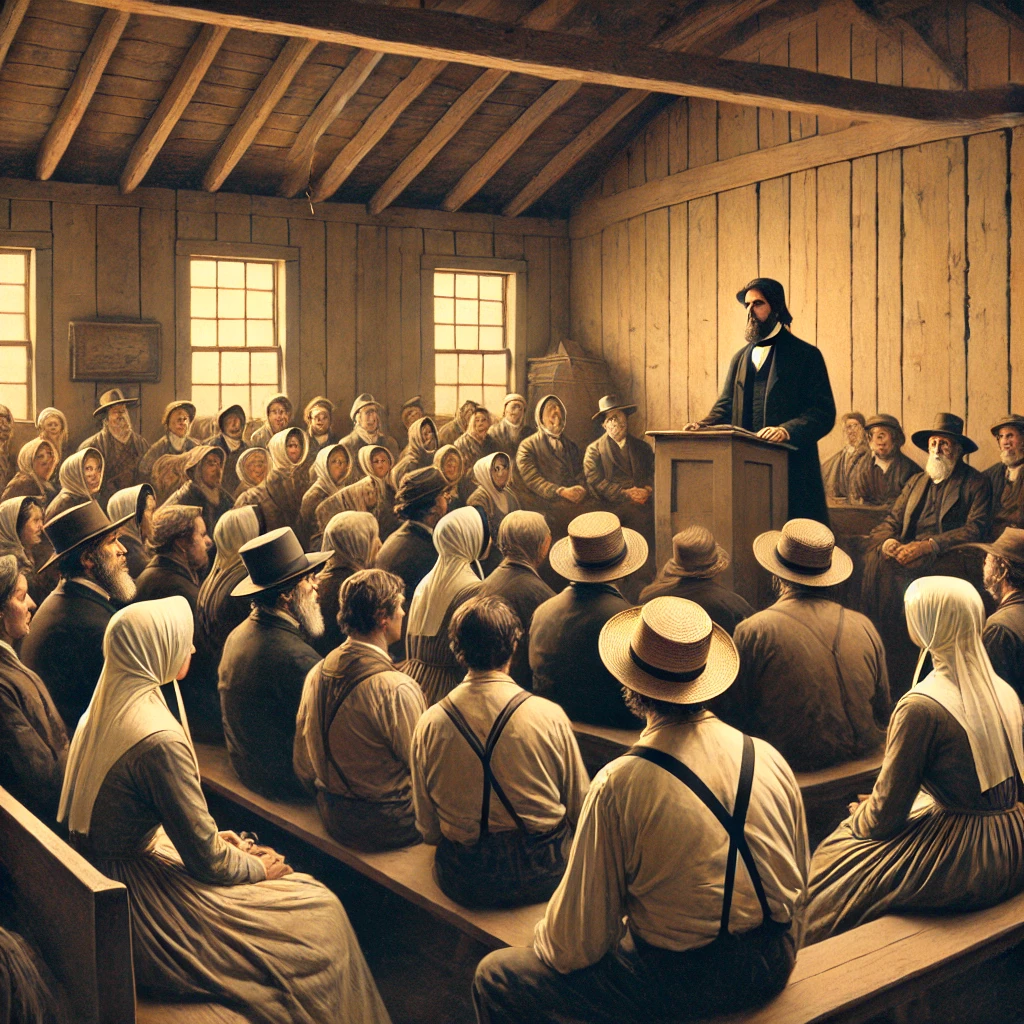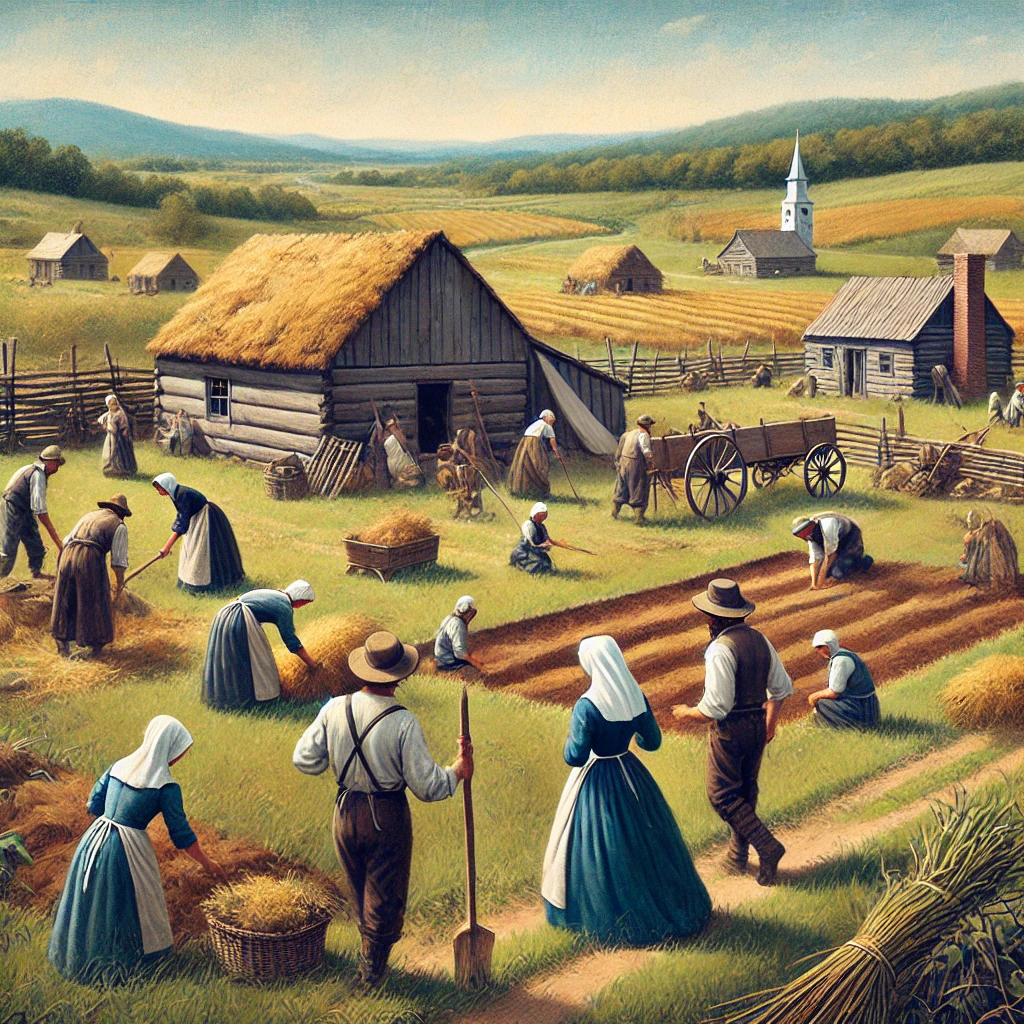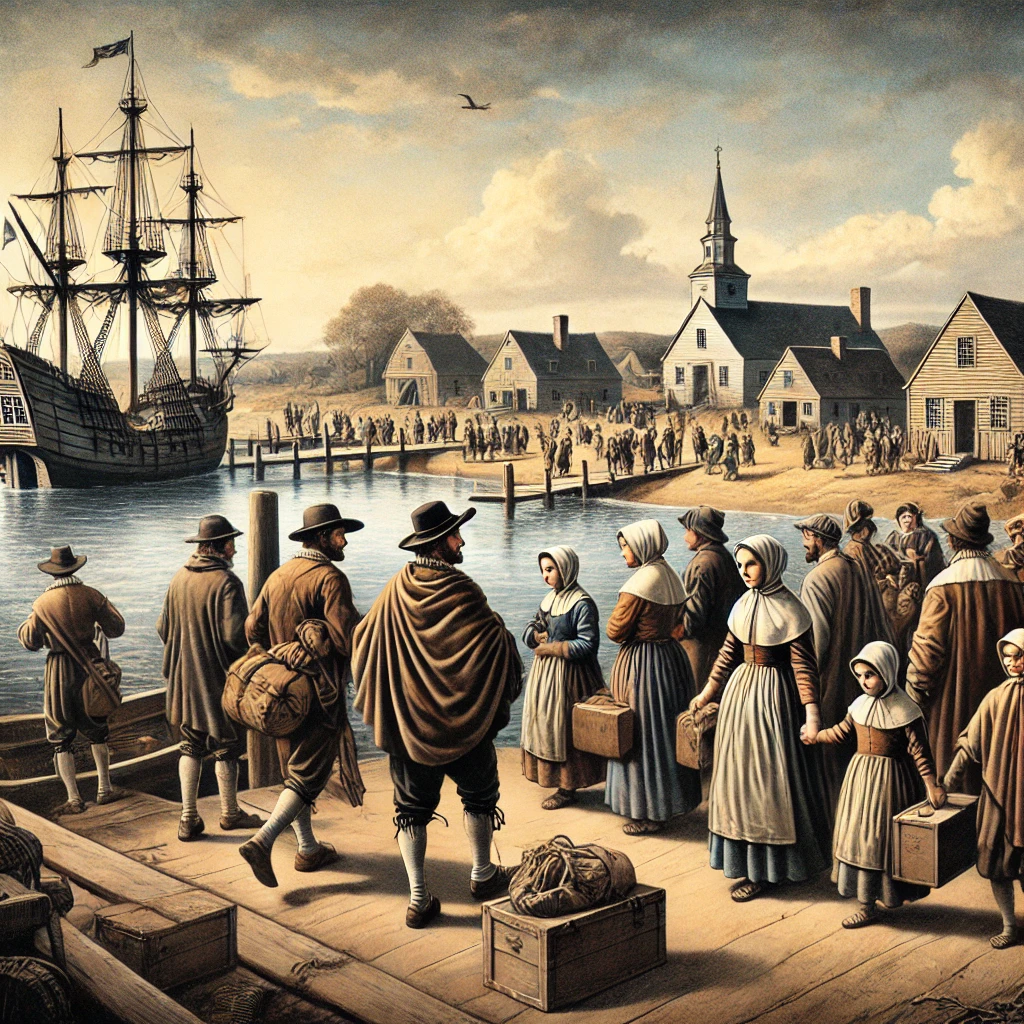On October 6, 1683, a group of Mennonites, seeking religious freedom and a place to practice their faith without persecution, arrived in America. This significant event marked the beginning of a new chapter for the Mennonite community, which had fled Europe due to religious conflicts and societal pressures. Their arrival not only contributed to the cultural diversity of early American society but also laid the groundwork for the establishment of Mennonite communities across the continent.

The Mennonite Heritage
Mennonites trace their roots to the Anabaptist movement in the 16th century, which emerged during the Protestant Reformation. Named after Menno Simons, a Dutch religious leader, the movement emphasized adult baptism, nonviolence, and community living. Due to their beliefs, Mennonites often faced persecution in Europe, leading many to seek refuge in more tolerant lands. The group that arrived in America in 1683 came primarily from the Palatinate region of Germany, where they had faced increasing persecution. Seeking a place where they could worship freely and live according to their principles, they set their sights on the New World, which promised opportunities for religious expression and economic stability.
The Journey to America
The journey to America was not without its challenges. The Mennonites traveled aboard the ship Concord, navigating treacherous waters to reach their destination. They arrived in Pennsylvania, a colony known for its religious tolerance, thanks to its founder, William Penn, who had established the colony as a refuge for Quakers and other persecuted groups. Upon arrival, the Mennonites were welcomed by Penn and other colonists, who recognized the value of their agricultural skills and commitment to peaceful living. The Pennsylvania colony provided the Mennonites with an environment where they could cultivate their beliefs and build a thriving community.

Establishing Mennonite Communities
Once settled in Pennsylvania, the Mennonites quickly established themselves as productive farmers and conscientious members of society. They contributed to the agricultural development of the region, practicing sustainable farming methods and fostering a strong sense of community. Their emphasis on simple living, nonviolence, and mutual aid resonated with other settlers and helped shape the cultural fabric of early American life. Over time, the Mennonite community in Pennsylvania grew, leading to the establishment of numerous congregations and settlements. These communities maintained their religious practices and cultural traditions while integrating into the broader American society. The Mennonites played a significant role in promoting peace and reconciliation during times of conflict, including the American Revolutionary War.
A Lasting Legacy
The arrival of the first Mennonites in America in 1683 laid the foundation for a rich cultural and religious legacy that endures to this day. Mennonite communities spread throughout North America, contributing to the diversity of the United States and Canada. Their commitment to nonviolence, social justice, and community service has influenced various social movements and continues to inspire individuals seeking a more peaceful and equitable society.
Today, Mennonites are known for their emphasis on education, sustainability, and humanitarian efforts. Organizations like Mennonite Central Committee (MCC) work globally to provide relief and development aid, reflecting the core values of the faith. The teachings of Menno Simons and the principles established by the early Mennonite settlers remain relevant, guiding contemporary communities in their efforts to promote peace and justice.

The arrival of the first Mennonites in America on October 6, 1683, marked a significant moment in the history of religious freedom and cultural diversity in the New World. Their journey, driven by a desire for a safe haven to practice their faith, laid the groundwork for the establishment of vibrant Mennonite communities that have thrived for centuries. As we reflect on this important event, we recognize the enduring legacy of the Mennonite tradition and its contributions to American society, serving as a reminder of the importance of tolerance, community, and the pursuit of peace.
